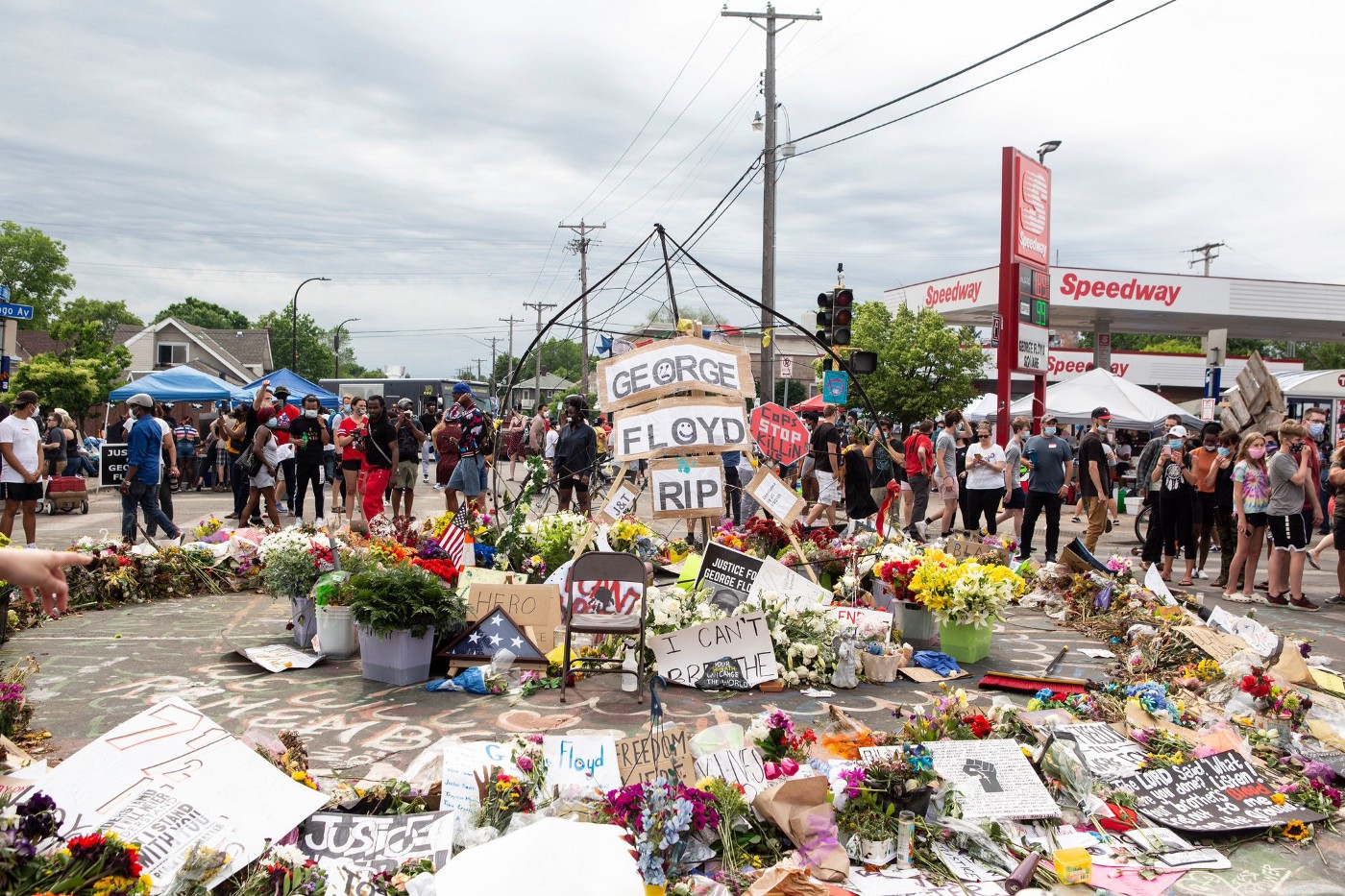As we breathe with relief, we cannot rest
The conviction of Derek Chauvin is not an indictment of the white supremacist system that condones the senseless police killings of Black people as they drive their cars, walk home, and live in their communities.

The jury’s verdict that found Derek Chauvin unequivocally guilty of the murder of George Floyd has been hailed with relief, with tears, and labeled a milestone. Since 2005, there have been more than 15,000 killings by police and only seven have been convicted. In the last seven years, police officers have killed 7,680 people, 25% of whom are Black, although Black people comprise less than 16% of the population. In the last year alone, police officers killed 1,127 people and not a single other was convicted. In the context of the endless brutal killings of Black people by police officers, one — Derek Chauvin — was held accountable. In the context of a long history of murders and lynchings of Black people, we witnessed one moment of retribution and accountability.
We exhaled.
What should have been obvious, however, was neither predicted nor straightforward.
It took protests around the nation, and the globe. It took the skilled work of a team of attorneys. It took the foresight of the bystanders who captured on their phones the horrific killing of Mr. Floyd. It took the courage of those who testified and the jurors who listened, heard, and acted for justice.
As we breathe with relief, we cannot rest. The verdict was necessary. But it was far from sufficient to halt the barbarism and injustice that daily imperils the lives of Black, Indigenous, Asian, Latino/a/e, queer and transgender people in this country. The conviction of Derek Chauvin is not an indictment of the white supremacist system that condones the senseless police killings of Black people as they drive their cars, walk home, live in their communities. The conviction of Derek Chauvin is not an indictment of the system of policing that fails to protect Black people from harm, that instead sanctions officers’ killings, rarely charging and almost never trying or convicting them for murder.
A mere few hours after the verdict was read, we learned of yet another police killing, this time of a Black girl, Ma’Khia Bryant, in Columbus, Ohio. This has to stop. The conviction of Derek Chauvin does not bring George Floyd back to life. It does not undo the murder of Daunte Wright. The conviction does not stop the endless killings of Black people by police officers, such as this latest murder — of Ma’Khia Bryant.
The problem is not one of a “few bad cops.” The problem is not how to ferret out individual police officers and convict them. The problem is the system. As human beings, as citizens of this country, we must stand together to halt these murders. We must stand together to dismantle the current system of policing, rooted in our nation’s history of enslaving and brutalizing Black people.
As educators, we also have a crucial mandate. It is clear that the preparation that police officers receive does not effectively disrupt the biases they carry, the deeply ingrained racism that they have absorbed from their experiences in this society and its school system. But we face exactly the same problems in teachers’ education. Learning about structural racism, although essential, is not adequate to interrupt the patterns of quick and excessive punishment of Black children in classrooms and schools. Learning about culturally relevant pedagogy and anti-racism too often changes talk but leaves practice unaltered. Clinical practice is vital, but it too often reinforces the “normal” and reifies the whiteness that pervades our educational system. Each of these components of teacher preparation is necessary. But they are not sufficient to create a system of schooling for justice.The system of white supremacy works effectively, infusing itself uncritically in taken-for-granted and condoned practices. And sitting in classrooms are white children and children of color learning harm, learning that Black children need to be punished and “struggle” to learn. Sitting in the classroom are white children and children of color learning a curriculum that centers whiteness and erases the experiences, histories, contributions, and perspectives of Black people and other people of color. Instead of this, teaching, with its unique reach, could be a potent contributing force for changing these patterns.
Our mission at TeachingWorks is bold. We seek to contribute to the demolition of this systemic perpetuation of white supremacy by changing how teachers are prepared to overturn racism in normalized teaching practice. The imperative is clear. If we contribute to significant disruption of the legacies of racism that shape what and how children learn in our nation’s classrooms, this can dismantle the pervasive whiteness of our educational system. If we take seriously the power that teaching can have, we can shape what the next generation of police officers, health care providers, business owners, and educators do not only at work and in their everyday lives, but as citizens who advance systemic change in policing, schooling, health care, housing, banking, and all our social institutions.
We must unapologetically embrace our special role in this battle to create a society in which the words, “liberty and justice for all” do affirmatively include Black people and other people of color. And we must use what we have witnessed in the trial of Derek Chauvin to commit anew to the political and moral urgency of this goal, and continue to learn and to pursue it relentlessly.
